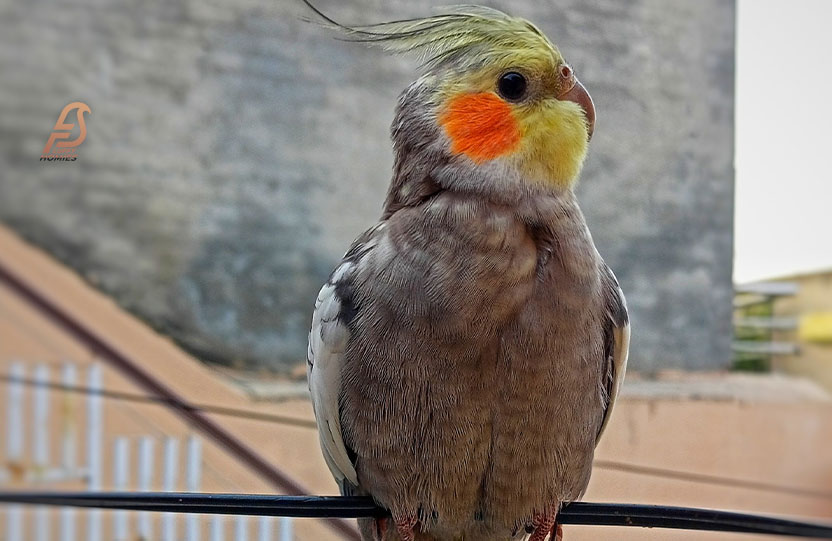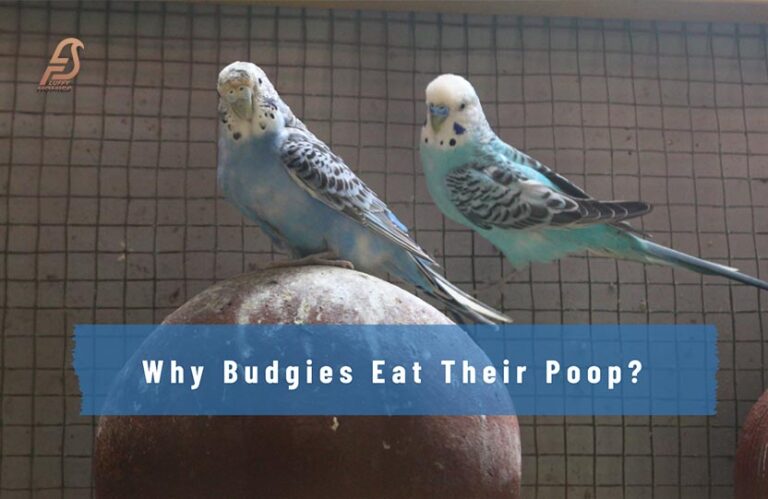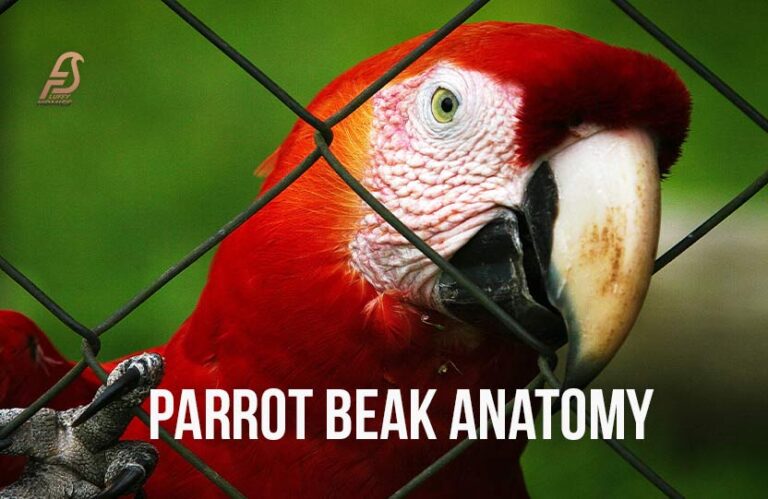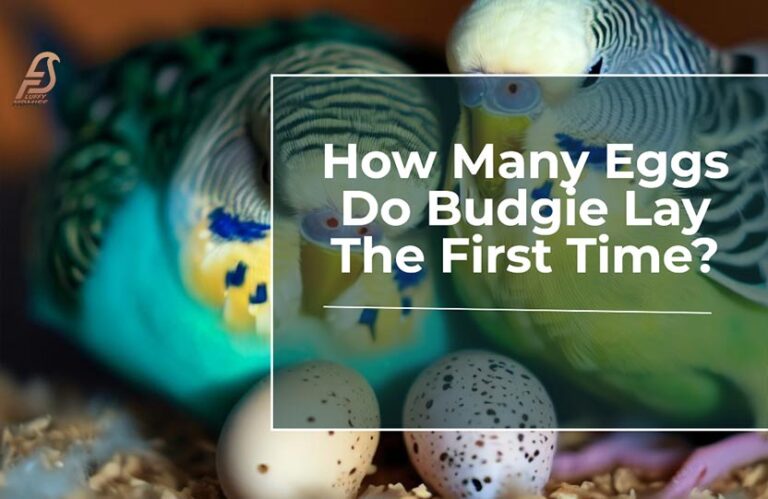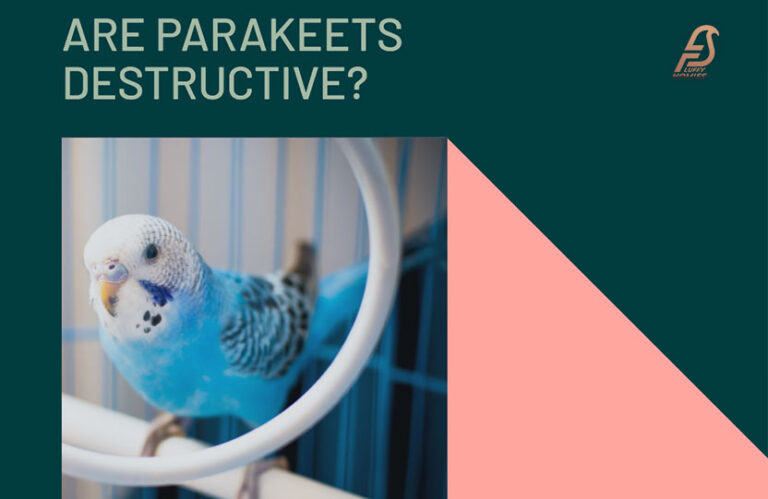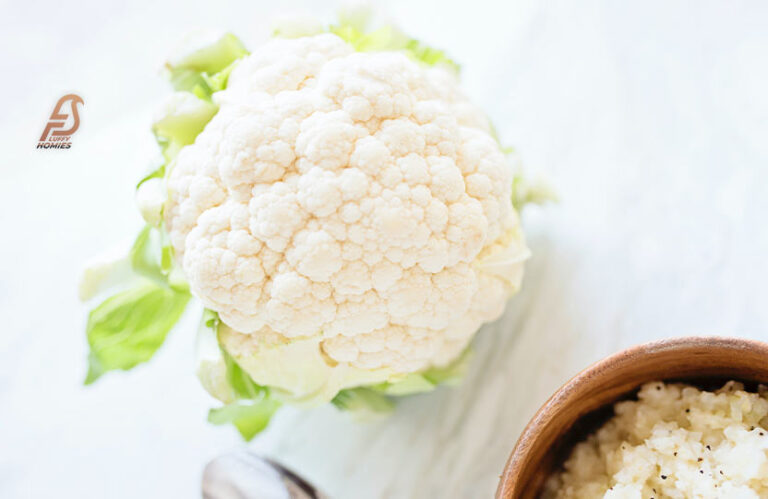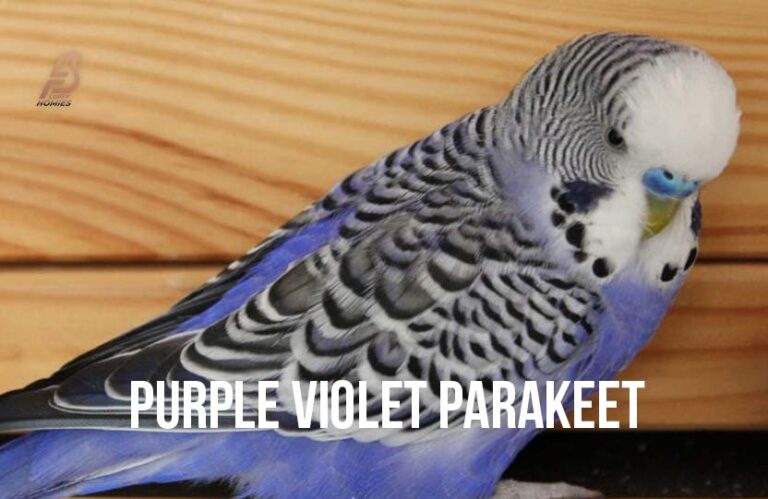Can Cockatiels Get Overweight? (Tackling Birds Obesity 2024)
Bird’s health all depends on the food that you are feeding them. Some types of food make them healthy such as cockatiels can eat watermelon and some make them unhealthy. Can cockatiels get overweight? Why cockatiels get overweight?
If cockatiels don’t get enough activity or eat poorly, they might gain weight. Seeds, fruits, veggies, and a handful of pellets should make up a well-rounded diet for your cockatiel.
In order for your cockatiel to be active and maintain a healthy weight, it is crucial to provide it with lots of flying and movement opportunities.
Unhealthy cockatiels sometimes puffed up their feathers. If you are concerned about your cockatiel’s weight, it is a good idea to consult with a veterinarian who can help you determine the best course of action.
Can Birds Get Overweight?
Indeed, birds can gain weight, and this is an especially important concern when it comes to birds kept in captivity. Birds can gain weight due to unhealthy eating and lack of exercise, much like people and other animals.
Birds in captivity may not have unrestricted flight abilities, so it’s important for owners to keep a close eye on their food and make sure they get plenty of exercise.
Birds often get overweight because they eat too many high-fat seeds and don’t get enough exercise. A well-balanced diet that includes a range of seeds, pellets, fresh produce, and moderate portions is key to maintaining a healthy weight.
In order to maintain a healthy body, birds need regular exercise, which can be achieved through either flying or playing.
It is important to take our feathered companions in for checkups with the doctor on a regular basis so that we may catch weight problems in their early stages and take care of them effectively.
Causes of Cockatiels Getting Overweight
When it comes to cockatiels, being overweight can be caused by a number of different circumstances. The following are some of the most recurring causes:
Overeating
There is a possibility that your cockatiel will get overweight if it is given more food than it requires such feeding them too much beets and more.
It is essential to determine the appropriate quantity of food for your cockatiel by taking into account its size and the amount of activity it engages in.
A Lack of Physical Activity
When it comes to being active and maintaining a healthy weight, cockatiels require a significant amount of possibilities like to climb, fly, and move around.
It is possible for your cockatiel to get overweight if it does not have sufficient space to fly or if it is not provided with sufficient toys and other stimuli to keep it involved in activities.
Poor Dietary Habits
Cockatiels may experience weight gain if they consume a food that is high in fat, sugar, or calories that are not necessary for their body.
Providing your cockatiel with a food that is well-balanced and consists of a range of seeds including sunflower seeds, fruits such as guava, vegetables like parsley, and a little amount of pellets is of utmost importance.
Age
It is possible that as cockatiels get older, they will become less active, and as a result, they may be more likely to put on weight.
As they get older, their immune system also weakens and becomes unable to properly digest food, which results in them becoming overweight.
Health Conditions
It is possible for a cockatiel to grow overweight due to a number of medical issues, including hormonal imbalances and hypothyroidism, especially in certain instances.
In the event that you have reason to believe that the weight gain of your cockatiel may be the result of a medical ailment, it is imperative that you seek the advice of a veterinarian.
How do I Know If My Cockatiel is Overweight?
When trying to establish whether or not your bird is overweight, there are a few symptoms that you should look out for:
Notable Accumulations of Fat
When you look at your cockatiel and notice fat deposits around their chest or abdomen, this could be an indication that they are becoming overweight. Furthermore, cockatiels who are overweight tend to be more sluggish.
Knuckle Bone
You are able to assess whether or not your cockatiel is at a healthy weight by feeling the keel bone, which is a long and thin bone that runs down the center of its chest.
In the event that the keel bone is difficult to feel or is hidden beneath a layer of fat, it is possible that your cockatiel is overweight.
Lethargy
If your cockatiel seems more lethargic or inactive than usual, this may be a sign that they are carrying too much weight.
Weight scale
Using a weight scale specifically designed for birds can help you determine your cockatiel’s weight. It is important to weigh your cockatiel regularly to monitor their weight and ensure that they are at a healthy weight.
What Are the Side Effects of Overweight for Cockatiels?
If a cockatiel becomes overweight, it can lead to some health problems. Some of the potential side effects of being overweight for a cockatiel include:
- Difficulty flying: A cockatiel’s inability to fly due to obesity can restrict its physical activity levels.
- Difficulty perching: Overweight cockatiels often have trouble perching or standing on one foot, which puts extra stress on their muscles and joints.
- Increased risk of heart disease: Cockatiels are more likely to develop heart disease if they are overweight because their hearts work harder to support their bodies’ weight.
- Decreased lifespan: Overweight cockatiels may not live as long as their normal-weight counterparts and die suddenly.
- Poor feather quality: Overweight cockatiels may struggle to keep their feathers in good condition and may have feathers of low quality.
By helping your cockatiel maintain a healthy weight, you can help them avoid these potential health problems and live a happy, healthy life.
How Often Should You Weight Your Cockatiel?
You should check your cockatiel’s weight on a frequent basis to make sure it’s within a healthy range.
Cockatiels vary in size, activity level, age, and how frequently you should weigh them. You should check your cockatiel’s weight once a month, as a general rule.
You might want to weigh your cockatiel more often if it’s young, growing fast, or has a health condition that needs constant observation.
Always use a bird-specific scale when checking the weight of your cockatiel. In most cases, these scales outperform human scales in terms of accuracy and usability.
To find out how much your cockatiel weighs, just set it on the scale. For reliable results, always weigh your cockatiel in the same environment and at the same time of day.
Also Check: Are Cockatiels Smarter Than Budgies?
How to Make Cockatiel Lose Weight?
If your cockatiel is overweight, there are several steps you can take to help them lose weight and achieve a healthy weight:
Provide a balanced diet
Make sure your cockatiel is fed a balanced diet that includes a variety of seeds, fruits like pumpkin, vegetables such as kale, and a small number of pellets.
Avoid overfeeding your cockatiel, and be sure to measure out the appropriate amount of food based on their size and activity level.
Encourage exercise
Provide your cockatiel with plenty of opportunities to fly and move around. This can help them stay active and maintain a healthy weight.
Limit treats
While it is okay to give your cockatiel treats in moderation, be sure to limit the number of treats you give them. Treats should make up no more than 10% of your cockatiel’s diet.
Consult with a veterinarian
If you are concerned about your cockatiel’s weight, it is a good idea to consult with a veterinarian. They can assess your cockatiel’s weight and provide you with guidance on how to help your bird achieve and maintain a healthy weight.
Monitor your cockatiel’s weight regularly
Weigh your cockatiel at least once a month to monitor their weight and ensure that they are at a healthy weight.
Can Cockatiels Get Overweight—Final Thoughts
Yes, cockatiels can get fat if they don’t get enough movement or eat foods that are bad for them. Your cockatiel should eat a variety of foods, such as pellets, seeds, fruits, and veggies.
You should also give your cockatiel lots of chances to fly and move around so that it stays healthy and energetic.
If you are afraid about your cockatiel’s weight, you should talk to a vet. They can tell you what you should do.
By following a healthy food and exercise plan, you can help your cockatiel reach and stay at a healthy weight.
FAQs
Can you overfeed a cockatiel?
Yes, it is possible to overfeed a cockatiel if they are given more food than they need or if its diet is not balanced. Overfeeding can lead to weight gain and other health issues.
Why is my bird suddenly fat?
A sudden increase in your bird’s weight may be due to overfeeding, lack of exercise, or an imbalanced diet. Monitor food portions, encourage physical activity, and consult a vet to ensure your bird maintains a healthy weight.
What is the ideal weight for a cockatiel?
The ideal weight for a cockatiel typically ranges from 75 to 125 grams. Monitoring your bird’s weight within this range ensures they maintain a healthy and balanced physique, promoting overall well-being.
Why does my bird look fat?
If your bird looks fat, they are likely carrying excess weight. This can be caused by overeating, a lack of exercise, or an unhealthy diet.
What to do if a cockatiel is overweight?
If your cockatiel is overweight, provide a balanced diet, encourage exercise, limit treats, and consult with a veterinarian. These steps help your cockatiels in losing weight.
How much food should a cockatiel eat per day?
A healthy adult cockatiel should eat about 1/4 cup of a high-quality pellet diet per day. In addition to pellets, you can offer your cockatiel a variety of seeds, fruits, and vegetables to ensure that they are getting a balanced diet.
How many times a day should a cockatiel eat?
A healthy adult cockatiel should eat a small amount of food twice a day, once in the morning and once in the evening.
